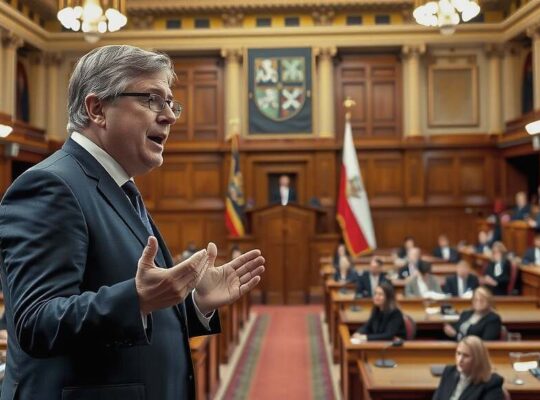A significant analysis by management consultancy McKinsey suggests the financial demands of Germany’s ongoing energy transition within the building sector are poised to exceed the federal government’s budgetary capabilities over the next five years. The report, obtained by “Welt am Sonntag” estimates nationwide investment needs for planned renovations, heat networks and heat pumps by 2030 to range between €245 and €430 billion. This sum is comparable to the approximately €270 billion allocated by the federal government through its Special Fund for Infrastructure and Climate Neutrality until 2029.
Specifically, the renovation of existing buildings alone is projected to require between €170 and €270 billion. Including necessary maintenance efforts, the total cost could reach €350 to €450 billion.
The projections have spurred debate and calls for adjustments to existing policy. Lars Rohwer, spokesperson for the CDU/CSU parliamentary group on housing, urban development, building and municipalities, stated that the ongoing discussion surrounding the “Habeck Heating Law” has created uncertainty among the populace and discouraged investments in renovations, which are vital for achieving climate goals. He announced plans for a reform of the Building Energy Act, aimed at establishing long-term planning certainty, alongside improved incentives such as tax advantages and further research into serial renovation methods.
However, voices of concern regarding the feasibility of the transition have also emerged. Carolin Bachmann, the AfD’s parliamentary spokesperson for construction policy, argued that the energy transition is neither technically nor financially viable. She highlighted a disconnect between climate ideology and the reality faced by local authorities, citing shortages of skilled labor, excessive bureaucracy and a massive investment backlog of €216 billion, particularly affecting schools and roads. Bachmann criticized the government for compelling municipalities to allocate limited resources towards unrealistic climate targets instead of prioritizing essential public services.












